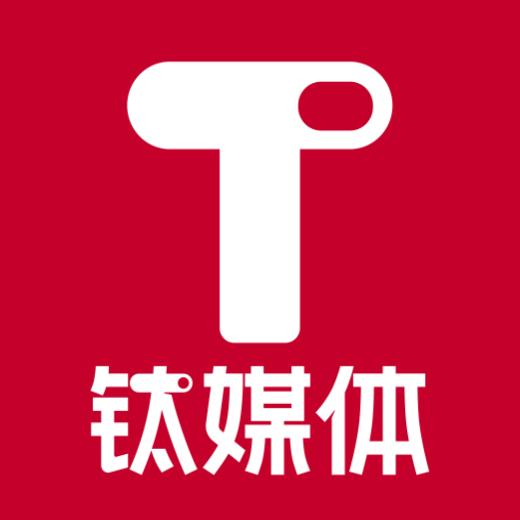TMTPost -- TikTok takes its first legal step to protect the world’s leading short video sharing platform from a forced sale by its Chinese parent ByteDance Ltd., or a ban in the United States.
Credit:Barron's
TikTok filed a federal lawsuit Tuesday to seek a court order to prevent the U.S. government from enforcing the Protecting Americans From Foreign Adversary Controlled Applications Act ( the “Act”). in its filling with the U.S. Court of Appeals for the District of Columbia Circuit, TikTok and its owner ByteDance request for review of constitutionality of the Act. TiTok claimed the Act is unconsitutional for violation of the First Amendment, burdening its protected speech rights.
TikTok highlighted consequences of the U.S. Congress’ unprecedented legislation last month. “For the first time in history, Congress has enacted a law that subjects a single, named speech platform to a permanent, nationwide ban, and bars every American from participating in a unique online community with more than 1 billion people worldwide,” TikTok wrote in the lawsuit. It added that Banning TikTok is so obviously unconstitutional that even the Act’s sponsors recognized that reality and therefore have tried mightily to depict the law not as a ban at all, but merely a regulation of TikTok’s ownership.
The Act, as part of a comprehensive foreign aid package providing assistance to Israel, Ukraine and other U.S allies, gives ByteDance 270 days to divest its U.S. assets including TikTok, otherwise the Chinese tech giant would face a ban on its app being available in U.S. app stores or on U.S. web hosting services. It also grants the White House the authority to prolong this deadline by another 90 days if the president deems that progress has been made towards a sale.
The “qualified divestiture” demanded by the Act to allow TikTok to continue operating in the United States is simply not possible: not commercially, not technologically, not legally, TikTok claimed in its fillings Tuesday. It said it has repeatedly explained to the U.S. government, and sponsors of the Act were aware of the divestment is not possible, so the Act will effectively “force a shutdown of TikTok by January 19, 2025, silencing the 170 million Americans who use the platform to communicate in ways that cannot be replicated elsewhere.”
Even if a “qualified divestiture” were feasible, the Act would still be an unconstitutional assertion of power for it allows the government to decide that a company may no longer own and publish the innovative and unique speech platform it created, TikTok wrote. With such legislation, the Congress can circumvent the First Amendment by invoking national security and ordering the publisher ofany individual newspaper or website to sell to avoid being shut down, it noted.
TikTok boasts over 170 million users in the United States and holds significant economic and cultural influence. Advocates for the measure have voiced their apprehensions regarding the company's ownership structure, suggesting it could potentially grant the Chinese government access to American users' data—a claim flatly refuted by TikTok. While supporters of the potential ban say it is necessary in order to mitigate national security risks the app poses due to China-based ByteDance. TikTok previously insisted it has never shared U.S. data and never would. It has said ByteDance is not an agent of China or any other country.
TikTok stressed its pledge to fight the potential ban right after U.S. President Joe Biden signed the bill into law on April 24. “This unconstitutional law is a TikTok ban, and we will challenge it in court,” the company wrote in a Wednesday statement. “We believe the facts and the law are clearly on our side, and we will ultimately prevail.” It reiterated dangerous consequences as the ban "would devastate seven million businesses and silence 170 million Americans." Noting it has invested billions of dollars to keep U.S. data safe and its platform free from outside influence and manipulation, Tiktok said it will continue to challenge the "unconstitutional ban" and continue investing and innovating in U.S.
ByteDance was reported to internally explore scenarios for selling a majority stake in TikTok’s U.S. business and the sales options include the TikTok brand would exclude the algorithm that powers TikTok. It was also reported to prefer selling to a company that is not directly involved in the tech industry. ByteDance dismissed late April the report about sales option. Reuters then reported ByteDance would rather shut down TikTok in the United States than sell the app if it exhausts all options to fight the legislation. ByteDance is very unlikely to sell TikTok as the algorithms the app relies on for its operations are considered core to ByteDance’s overall operation, according to the report. Bytedance didn’t comment on the report.






























热门跟贴